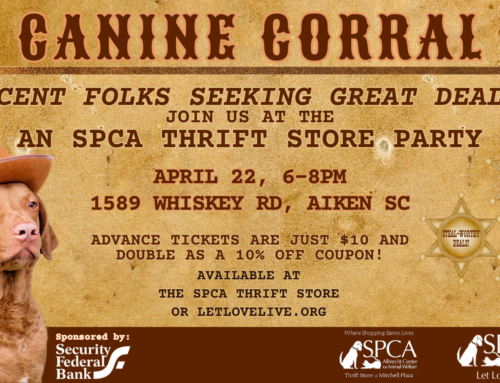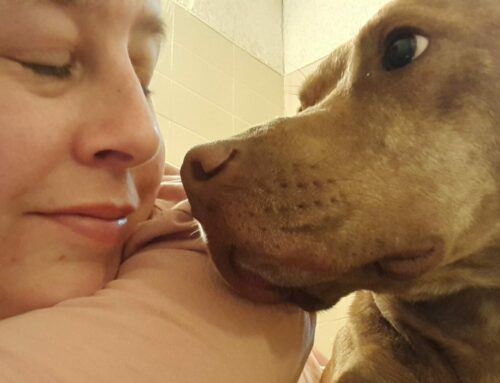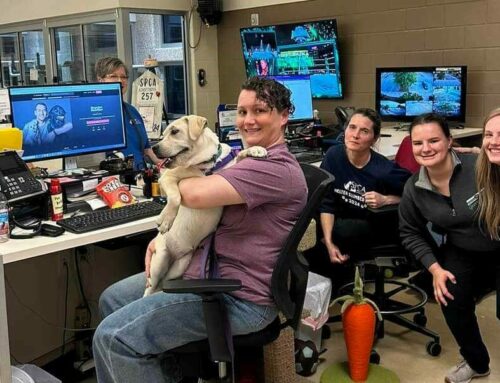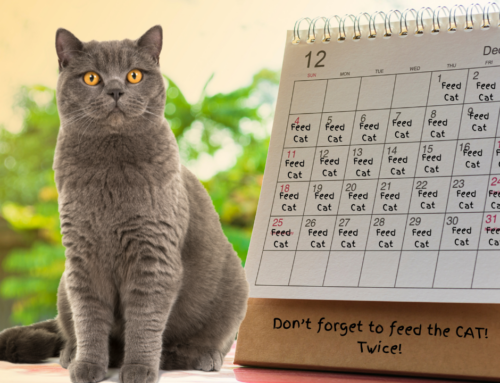By: Sarah A. Neikam, CAWA
 During this season of gratitude and giving, animal lovers are eager to make a difference and contribute to organizations that align with their values. However, a common misconception exists, leading well-intentioned donors to believe that national organizations like the American Society for the Prevention of Cruelty to Animals (ASPCA) or the Humane Society of the United States (HSUS) are umbrella organizations that disperse funds to smaller, local counterparts. In reality, local and national animal welfare organizations operate independently, each with its own focus and mission.
During this season of gratitude and giving, animal lovers are eager to make a difference and contribute to organizations that align with their values. However, a common misconception exists, leading well-intentioned donors to believe that national organizations like the American Society for the Prevention of Cruelty to Animals (ASPCA) or the Humane Society of the United States (HSUS) are umbrella organizations that disperse funds to smaller, local counterparts. In reality, local and national animal welfare organizations operate independently, each with its own focus and mission.
Local animal rescue organizations, like the SPCA Albrecht Center for Animal Welfare, the Aiken County Animal Shelter’s Friends of the Animal Shelter (FOTAS) group, Team Stinkykiss Shelter Rescue Project, That’s What Friends Are For, Molly’s Militia and others play a vital role in their communities. They address the immediate needs of animals in our local area by operating animal shelters, foster programs, spay/neuter clinics or vouchers, and other initiatives aimed at improving the lives of animals within this community.
National organizations such as the ASPCA and HSUS, on the other hand, have a broader reach and tackle animal welfare issues on a national scale. They don’t necessarily operate animal shelters; instead, they engage in various activities, including advocacy, public awareness campaigns, and disaster relief efforts. However, the important point to understand is that donations made to national organizations typically do not directly benefit local animals.
These organizations, like the ASPCA and HSUS, efforts bring national attention to the plight of animals, provide aid during natural disasters, expose animal mistreatment in various industries, and lobby for legislative changes to improve animal welfare laws. These endeavors are of great importance and contribute to the overall betterment of animal welfare in the United States.
However, the funds donated to national organizations largely support these broad-scale initiatives. While their work does indirectly benefit local communities, the money donated doesn’t flow down to smaller, local organizations like your neighborhood animal shelter.
If you’re passionate about helping animals in your community directly, it’s crucial to support your local animal welfare organizations and rescue groups. These organizations are the ones that rescue, foster, rehabilitate, and rehome companion animals within your area. They rely heavily on the generosity of local donors to continue their essential work.
Now that you understand the difference between local and national animal welfare organizations, here are some steps you can take to make an impact locally for the cause you care about:
Research: Get to know your local animal welfare organizations and rescue groups. Find out about their missions, programs, and how they allocate donations to help local animals. Usually, this information can be found on their website, or you can use third party charity registries like Guidestar or Charity Navigator to learn about organizations, their services and financial information.
Donate Locally: Direct your financial support to local organizations if you want your contributions to benefit animals in your community directly.
Volunteer: Offer your time and skills to local organizations as a volunteer or foster caregiver. Your hands-on involvement can make a significant impact.
Spread Awareness: Share information about local organizations with your friends and family to increase their visibility and support.
Whether you choose to donate locally or nationally, your contributions make a difference. Understanding the distinction between these organizations empowers you to make informed decisions about where your support should go. Both local and national organizations play unique and valuable roles in improving animal welfare, and together, they create a network of care that benefits animals across the country.
Sarah Neikam is the Marketing Director for the SPCA Albrecht Center in Aiken, SC. She has been with the organization since 2012, holding various roles including Volunteer Coordinator and Director of Operations & HR. A Certified Animal Welfare Administrator as of 2022, Sarah is a passionate advocate for animal welfare. She resides in Aiken with her husband, Tom, and their six cats.





